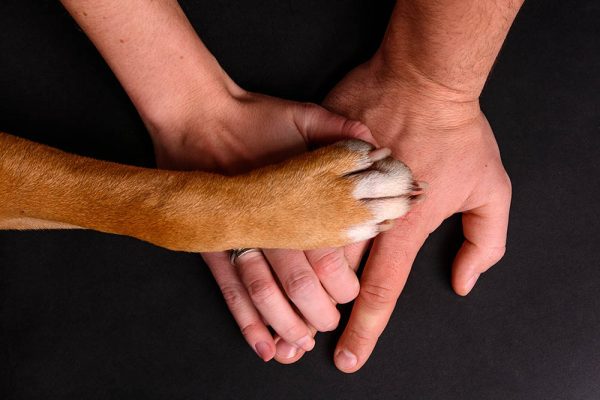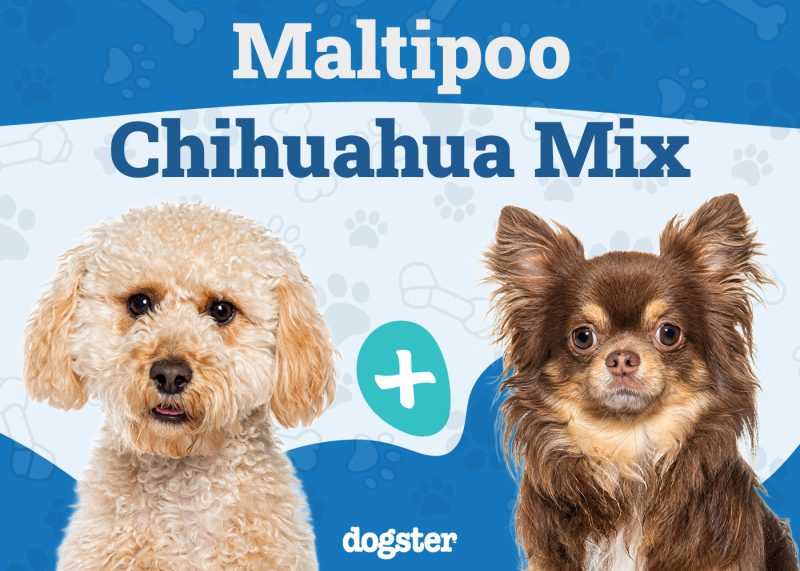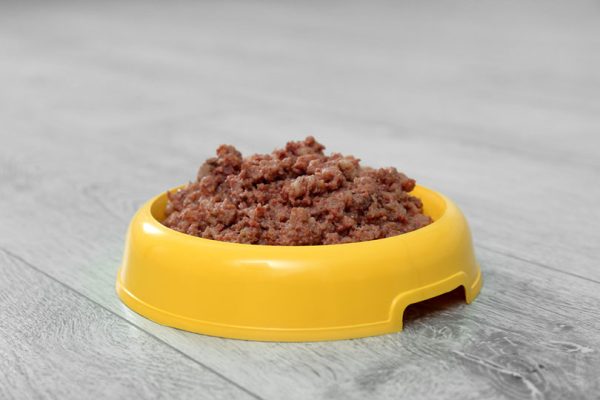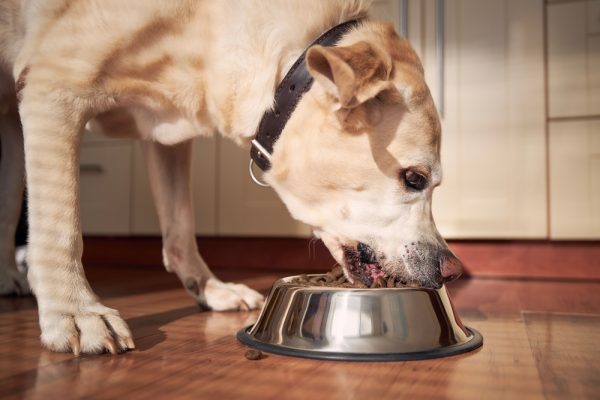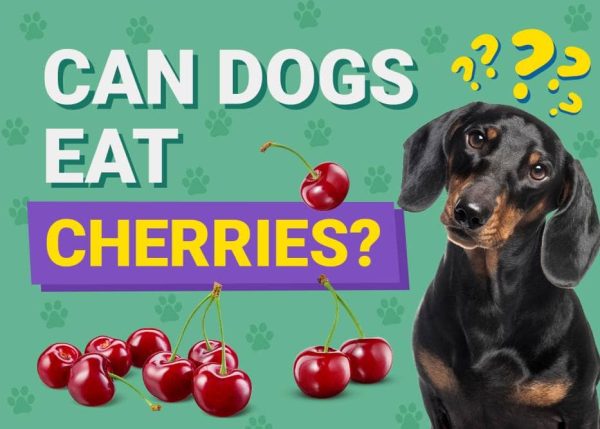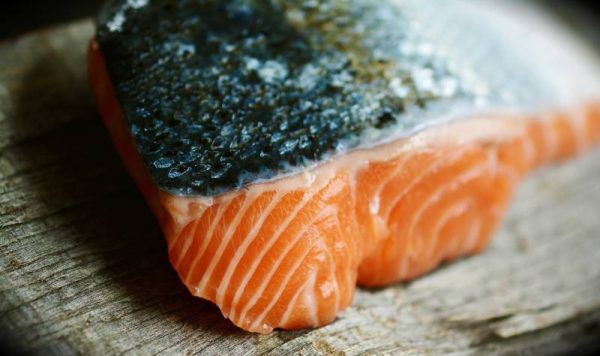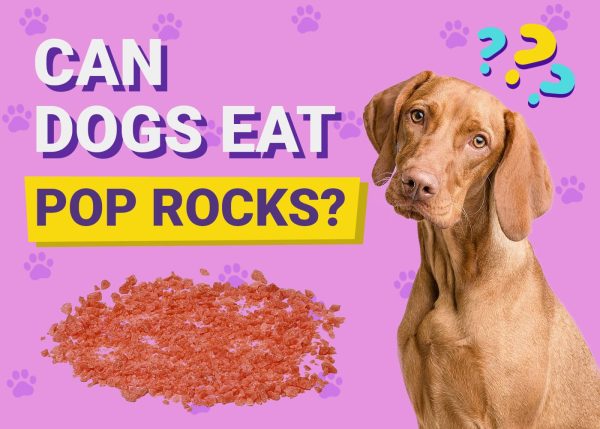If you’re thinking about eating dog food because you’re out of options, we have some bad news for you. Dog food is not meant for human consumption. It’s made with different ingredients and in different proportions than what we need to stay healthy.
There have been cases of people eating dog food in desperate situations, and while they may have survived, it’s not a recommended diet.
Eating dog food long term can lead to malnutrition and other health problems. So, if you’re looking for something to eat, you’re better off looking elsewhere.

Is Dog Food Safe for Humans to Eat?
Yes, technically speaking, dog food is safe for humans to eat. However, that doesn’t mean that it’s necessarily good for us. Dog food is designed to meet the specific nutritional needs of canines, not humans. So, while we can technically survive on a diet of kibble, we probably wouldn’t be very healthy doing so.

Dry Kibble
In general, dry kibble is not a good option for humans. It’s low in calories and nutrients, and it can be hard to digest. Plus, the ingredients in kibble are often of lower quality than what you would find in human food. This type of food is the cheapest because it’s formulated with rendered by-products and fillers that are considered feed-grade, as they are not apt for human consumption.
Wet Canned Food
Wet canned food is a slightly better option than dry kibble, but it’s still not ideal. Canned food is higher in calories and nutrients than kibble, but it’s also usually higher in sodium. And like kibble, the quality of ingredients can be lower than what you would find in human food.
Raw Foods
If you are going to eat any dog food, let it be high-quality raw food. Some raw foods are made from human-grade ingredients in human-grade facilities, so the food would be just about the same as what you would find in the meat aisle of your supermarket.
Of course, you will need to cook the food before eating it, as raw meat can still contain harmful bacteria that our stomach is not adapted to neutralize.

Risks of Humans Eating Dog Food
There are a few risks to consider before you start snacking on Fido’s food.
One is the nutritional content of dog food. Dog food is designed to meet the specific nutritional needs of canines, not humans. So, if you’re eating dog food as your sole source of nutrition, you’re likely not getting all the nutrients you need to stay healthy.

Foodborne Illnesses
Another risk to consider is a foodborne illness. Just like with any food, there is a chance that dog food can be contaminated with harmful bacteria.
Most dog food does not meet the same strict standards as “human-grade or people food,” so the risk of contamination is much higher.
Vitamin Imbalance
Another potential problem with eating dog food is a vitamin imbalance. Dog food is often fortified with vitamins and minerals that are essential for canine health but not necessarily for human health.
If you’re consuming too much of these vitamins, it can lead to an imbalance in your own system. For example, dogs synthesize their own vitamin C, so they don’t need it in their diets. However, humans need to get vitamin C from food or supplements. So, if you’re eating a diet of nothing but dog food, you’re not getting the vitamin C you need.
There are better options out there that will do a better job of meeting your nutritional needs. Plus, why eat something that’s designed for someone else when you don’t have to?

Regulation of Dog Food vs. Human Food
There are different regulations for dog food and human food. Dog food is regulated by the Association of American Feed Control Officials (AAFCO). The AAFCO sets minimum standards for the nutrient content of dog food, but there are no regulations for the quality of ingredients.
This means that dog food can contain fillers, by-products, and other ingredients of lower quality than what you would find in human food. Human food is regulated by the Food and Drug Administration (FDA). The FDA has stricter regulations for the quality of ingredients, and all human food must meet these standards.

The Difference Between Dog and Human Diets
The main difference between a dog and a human diet is the ratio of protein, fat, and carbohydrates. Although we are both considered omnivores, dogs need a higher percentage of protein in their diets and humans need a different balance of these three macronutrients.
Another difference is the types of vitamins and minerals that are needed. For example, dogs need more vitamin A than humans do.
As we mentioned before, dogs synthesize their own vitamin C, so they don’t need it in their food. Humans need to get this essential vitamin from our diet.

The Bottom Line
Eating dog food is not recommended, as it can be nutritionally inadequate and may even be harmful to your health. There are better options out there that will do a better job of meeting your nutritional needs.
So, if you’re thinking about trying dog food, we would advise against it. It’s not a recommended diet for humans, and it can be risky. Stick to human food and leave the dog food for your furry friend.
Featured Image Credit: Rawpixel.com, Shutterstock




